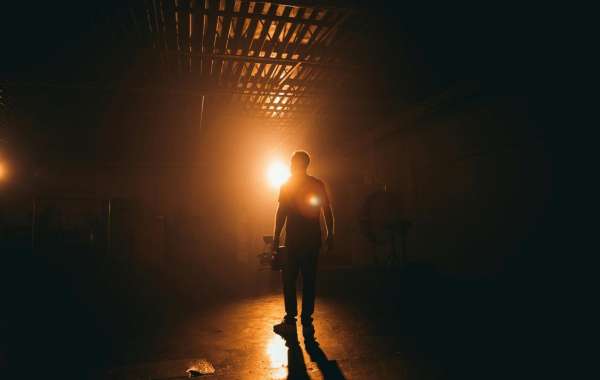Introduction
Filmmaking is a powerful medium for storytelling, and genres such as narrative series, disability documentaries, and disability series play a significant role in shaping public perception. These genres allow writers, producers, and directors to explore complex themes, highlight underrepresented voices, and promote social change. By focusing on these genres, filmmakers can create impactful content that resonates with audiences and fosters a greater understanding of diverse perspectives.
The Significance of Narrative Series
Narrative series have become a dominant force in modern media, offering long-form storytelling that allows for deep character development and complex plotlines. These series provide an opportunity for writers, producers, and directors to engage viewers over multiple episodes, creating an immersive and engaging experience.
Creating a successful narrative series requires a collaborative effort. Writers must develop compelling scripts that maintain viewer interest throughout the series. Producers oversee the production process, ensuring that the series stays true to its vision and maintains high production values. Directors bring the series to life, guiding actors and crews to create a cohesive and captivating story. Through narrative series, filmmakers can explore a wide range of themes and narratives, from personal dramas to epic adventures.
The Power of Disability Documentaries
Disability documentaries are powerful tools for raising awareness and advocating for the rights and inclusion of disabled individuals. These documentaries tell real-life stories that highlight the challenges and triumphs of disabled individuals, providing viewers with a deeper understanding of disability issues. For filmmakers, creating a disability documentary is an opportunity to contribute to social justice and drive positive change.
The production of a disability documentary requires careful research, empathy, and collaboration with the disabled community. Writers and producers must ensure that the stories they tell are authentic and respectful, avoiding stereotypes and misrepresentations. Directors capture the essence of these stories, creating a visual and emotional journey that educates and inspires viewers. Through disability documentaries, filmmakers can challenge societal norms and promote greater inclusivity and understanding.
The Rise of Disability Series
Disability series have gained popularity as audiences seek more diverse and representative content. These series blend drama and documentary elements, providing a platform for disabled individuals to share their experiences in a serialized format. For writers, producers, and directors, disability series offer a unique opportunity to explore disability-related themes with depth and sensitivity.
Writing a disability series involves creating authentic characters and storylines that resonate with both disabled and non-disabled audiences. Producers play a crucial role in maintaining the series' integrity and vision, often working closely with disability advocates and consultants. Directors bring the series to life, ensuring that the portrayal of disability is both accurate and engaging. Disability series not only entertain but also educate viewers, fostering greater empathy and understanding.
Challenges and Opportunities for Filmmakers
Creating narrative series, disability documentaries, and disability series comes with its own set of challenges. One of the primary challenges is ensuring accurate and respectful representation. Filmmakers must engage with the disabled community, listen to their stories, and involve them in the creative process to avoid perpetuating stereotypes or misconceptions.
Funding and support are also significant challenges. Producing high-quality content requires substantial resources, and securing funding for niche genres can be difficult. However, the rise of streaming platforms and increased interest in diverse storytelling have opened new avenues for funding and distribution.
Despite these challenges, the rewards for filmmakers are immense. By creating narrative series, disability documentaries, and disability series, filmmakers can make a lasting impact on audiences and contribute to a more inclusive media landscape. These genres allow for the exploration of important social issues, the amplification of marginalized voices, and the creation of content that inspires change.
Conclusion
The genres of narrative series, disability documentaries, and disability series offer rich storytelling opportunities for writers, producers, and directors. Embracing these genres allows filmmakers to create content that not only entertains but also educates and empowers. Through their work, they have the opportunity to challenge societal perceptions, promote inclusivity, and make a meaningful difference in the world of filmmaking.




